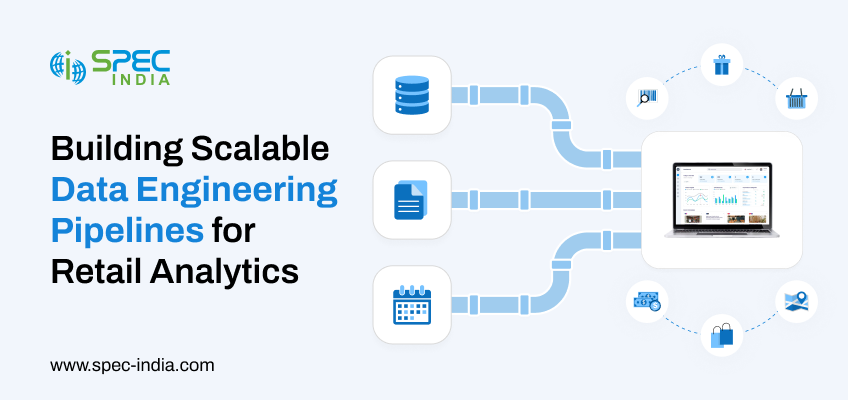
Data Science in Retail: From Data-Driven Insights to Smarter Decisions
At the peak of demand, your best-selling item sells out. A product you had hoped would be successful fails miserably....

How ERP for Renewable Energy Supports Multi-Site and Multi-Project Operations
In the world of renewables, nothing happens in a vacuum. You aren’t managing a single factory floor; you’re juggling solar...

How Manufacturers Use Data Analytics to Reduce Downtime and Improve Throughput
Downtime in manufacturing rarely comes with a warning siren. It creeps in – through small delays, frequent machine suspensions, prolonged...

The Great AI Debate: Point vs. Platform, Buy vs. Build
We’ve officially moved past the “experimentation” phase of AI. Today, it’s not a question of if your company should use...

Cloud-Based Logistics Software: Benefits, Architecture, and ROI
Late deliveries, Missing shipments, Inventory that appears good on paper, but is not really there. This is not a one-time...

Building Scalable Data Engineering Pipelines for Retail Analytics
Retail leaders today are sitting on a goldmine of data—yet many struggle to turn it into timely, actionable insights. Sales...


